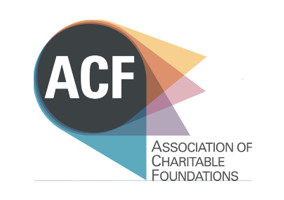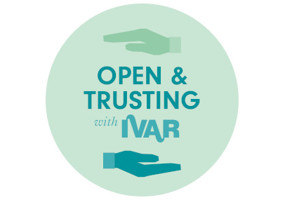Funders need a “new mindset” to increase the amount of unrestricted funding they offer, which could lead to “transformational” change, according to a new report.
Today IVAR, a research charity, published The Holy Grail of Funding: Why and How Foundations Give Unrestricted Funding, which is based on interviews with funders who have made a start on offering unrestricted funding.
The report argues that the pandemic, when lots of foundations offered more in terms of unrestricted or lightly restricted grants, should act as a catalyst for longer-term change.
“With massive social and economic consequences now and to come, charities know that they must remain highly adaptable and fleet of foot if they are to meet the needs of the communities and causes that they serve,” the report says.
It adds that voluntary sector leaders are calling for unrestricted funding to be “widespread and permanent”.
“This calls for a new mindset – one that starts from the assumption that charities ‘know their own business and can be trusted to spend wisely’, adding constraints only by mutual agreement or where absolutely essential.
“For small and medium-sized organisations in particular, this change would be transformational.”
Constraints
IVAR highlights that there are some legal barriers for funders, but suggest that in these cases a “light-touch” restriction can resolve the problem.
Nick Addington from the William Grant Foundation told the report: “Our focus is Scotland, so if we fund a UK charity, we make a grant restricted for its work north of the border.”
The report also says that there are times that funders are “constrained by their own donors’ wishes”.
Value of unrestricted funding
IVAR identifies seven ways that giving funded organisations more control helps to add value:
- Better use of expertise – by respecting the grantees to make the right judgement call
- More flexibility and agility – grantees can manage uncertainty better
- More effective work – grantees will be able to direct funds as needed rather than as agreed pre-emptively with funders
- Better relationships – greater honesty between organisations and a “levelling of the power relationship”
- Building confidence – others will view that funded organisation as trusted
- Lighter processes – less bureaucracy for everyone
- Reduced organisational risk and greater resilience – funded organisations have more security and can deal with challenges quickly.
‘Restricted funding is generally a burden we place on grantees for our own ends’
Funders who have taken part in the project explained that there were many benefits to increasing the amount of unrestricted funding on offer.
Nigel Woof, trustee of the William Grant Foundation, said: “Restricted funding is a peculiarity of the sector which would be mad in commerce. How can you deliver if you run out of overhead? Restricted funding is generally a burden we place on grantees for our own ends.”
Paul Streets, chief executive of Lloyds Bank Foundation for England and Wales, said: “A perennial question along that journey is about how we get honesty from the organisations we fund. We have learned that being honest with them is a start. And unrestricted funding is a key part of that, because it is expressing faith in people. You can’t overestimate its importance.”
Elsewhere, the report highlights the benefit of funders having more diverse perspectives involved in decisions.
Rachel Oglethorpe, from the Peter Minet Trust, said: “I saw what a difference it made when I visited charities with different trustees who brought their own insights and lived experience.
“When we visited a youth club in South London I could see that the staff really opened up with the trustee in a way they didn’t with me. Similarly, when we visited a sports youth project with a trustee who runs a community centre in a neighbouring borough, the staff were really interested in her work with a different local community and felt she understood what their challenges were.”
IVAR is running a webinar at 12.30pm on 30 November to share more about the research. More details are here.
Related articles












